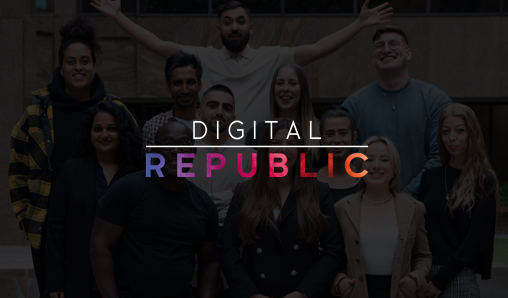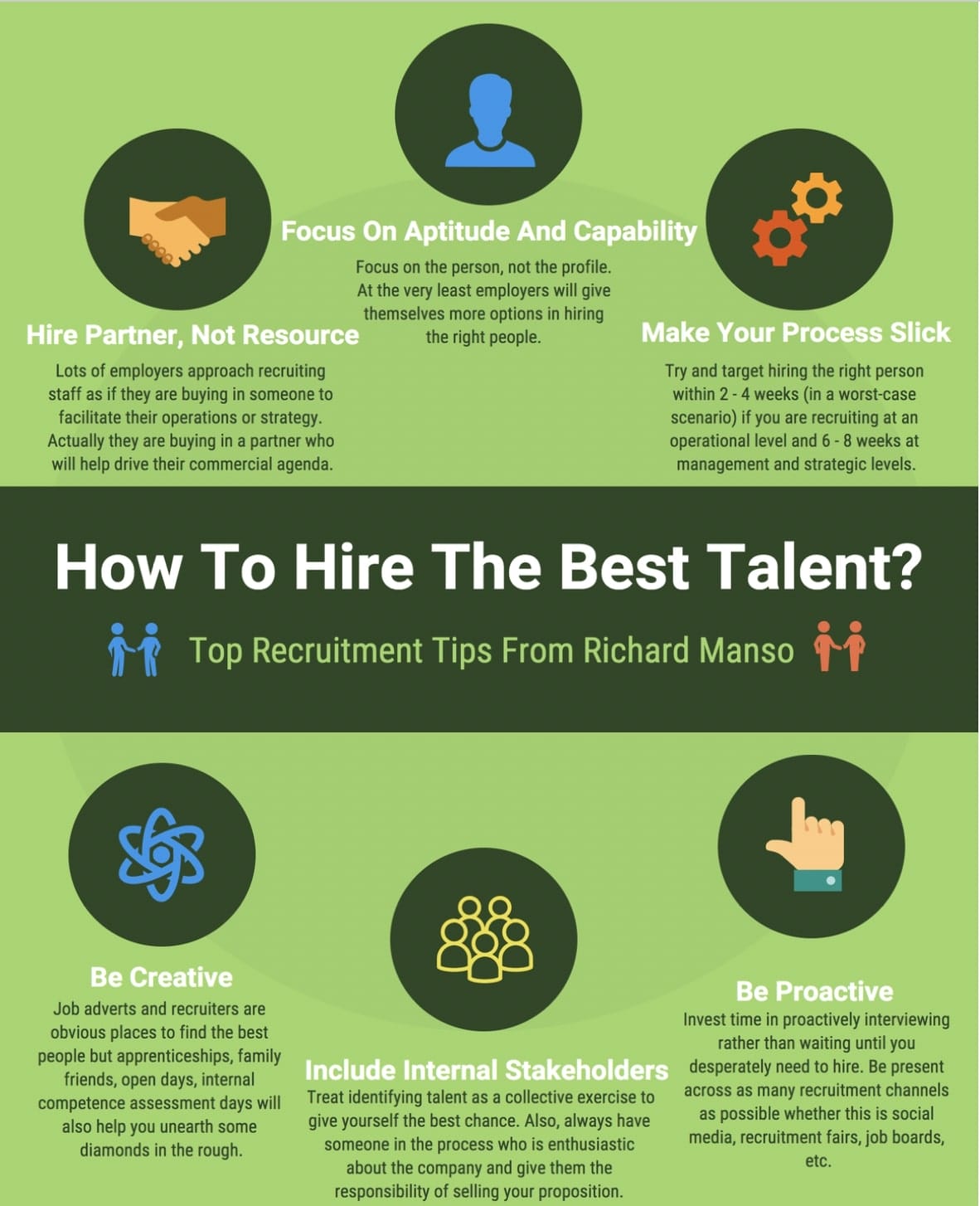
7 Talking Points To Avoid When Leading An Interview

What do you usually discuss when leading an interview? It’s standard practise to ask questions about previous work experience and personal qualities or skills. But, CV-Library research in partnership with TopCV found that a worrying 73% of candidates have been asked inappropriate or illegal questions before.
Interviewing for a new job is a nerve-wracking affair, even for candidates with years of experience under their belt. As such, if an interviewee feels as if they’re being unfairly grilled, they’re simply going to be left with a bad impression of your company.
With this in mind, below we’ll explain the key talking points to avoid when leading an interview, so you don’t land yourself in hot water.
1. Marital status
While you might think that asking someone about their marital status is a nice way to get to know them, it’s best to avoid this altogether.
After all, it might insinuate that you’re trying to find out whether they plan to have children soon and ultimately, how long they plan to stay in your company.
Remember, a person’s marital status has no direct impact on how well they can do their job. Therefore, it’s one of the talking points to avoid when leading an interview.
2. Age
You should only ask a candidate their age if you need to determine whether they’re legally eligible to perform the job. For example, to check if they’re over the age of 18 for a job where they’ll be selling or serving alcohol.
Again, you should never take into consideration a person’s age when assessing their suitability for the role you’re hiring for. Make sure you brush up on the topic of age discrimination at work so you’re in the know.
3. Criminal convictions
Again, any questions around criminal convictions will be dependent on the job you’re hiring for. For example, some positions (such as working with children or in healthcare) will require criminal record checks before the interview stage.
Despite this, research shows that a fifth of employers ask about criminal records in a potentially unlawful way. With this in mind, it’s best to avoid this talking point if you want to cover your back.
4. Disability and illness
Under the Equality Act, there’s a number of circumstances in which you can ask candidates about their health. For example, if you want to find out if they can carry out a function that’s essential for the role.
Alongside this, you can ask about a disability if you want to take positive action to assist applicants with disabilities, for monitoring purposes so you know the diversity of candidates and to check whether a candidate has a specific disability that’s a requirement of the job.
However, be wary that once a candidate discloses that they have a disability, you shouldn’t probe by asking further questions. After all, it you don’t want to give off the impression that the information is influencing your recruitment decisions.
5. Place of birth, ethnicity or religion
Questions such as ‘Is English your first language?’ or ‘Where were you born?’ should be avoided at all costs. In fact, it’s actually illegal to ask about ethnic background on application forms. Therefore, it’s best to avoid this topic when leading an interview.
What’s more, avoid asking about their religious practises, as this is highly inappropriate. Instead, if you do want to find out whether any religious holidays will clash with work, simply confirm that they’re able to work when required to.
6. Lifestyle choices
Quizzing candidates on their lifestyle choices, such as smoking and drinking, is also a talking point to avoid in an interview. Yes, you might want to get a feel for their personality and how they’ll fit in the team. But, you can’t make judgements on them based on this information.
Other questions that fit into this category are ones around political affiliations or union memberships. You should never bring these topics up, unless they have an impact on their ability to do the role.
7. Gender or sexual orientation
Finally, a person’s gender or sexual orientation has no direct link to how well they can do their job. As such, this is one of the key talking points to avoid when leading an interview.
So, don’t ask your candidate to reveal their partner’s name, or probe into details on who they live with. This information isn’t necessary to know.
Avoid these talking points when leading an interview
Ultimately, you should never ask anything relating to a candidate’s age, race, ethnicity, sexual orientation, country of national origin or birthplace, disability or family plans.
If you do, you could land yourself in a tricky situation if the candidate feels as if they’ve been discriminated against.
With this in mind, focus on asking the interview questions that delve deep into the candidate’s key skills and experience and how these can benefit your company.
Originally posted by Augusta Henning.
If you found this article useful, you might enjoy this post too.
Follow us on our LinkedIn and Twitter to stay up to date with the latest news in the digital data-driven ecosystem
Digital analytics, optimisation, data science or programmatic expert, and looking for a job?
Check out our latest live vacancies here
Digital agency looking to expand your team with top-tier talent?
Send us your jobs here
Get in contact with us!



